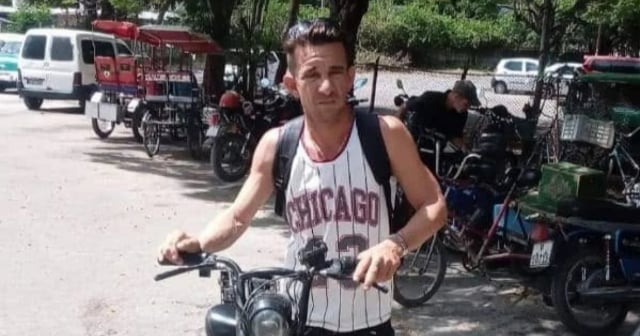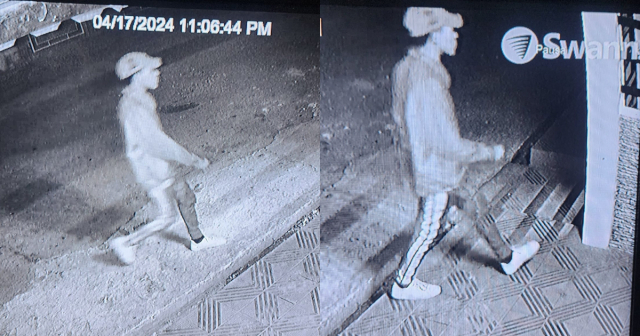The field study'Havana, capital of waste', prepared by the Cuban Citizen Audit Observatory, from the Cuba Siglo 21 ideas laboratory, relates the increase in crime in the capital of the Island with the increase in uncontrolled landfills in its streets.
According to the report, advanced byCyberCuba, it is "not a minor element to take into account." Although it does not establish a direct relationship between garbage and crime, it does consider that "the accumulation of solid waste contributes to certain factors that, in turn, can degrade the real estate value of an urban area by reflecting a potential crisis of coexistence norms and with this a potential for crime in that community.
The study argues that an environment degraded by the accumulation of garbage is an indicator that social norms are not respected in that area and laws are not applied effectively and this can "incite the commission of crimes."
"Dirty and neglected public spaces make citizens perceive that the area is not well monitored or cared for, which generates fears, founded or not, of becoming victims of crimes such as robberies or assaults if they travel or live in them. "adds the report.
To this we must add the influence that the degradation of environmental hygiene has on community pride and social cohesion. "A permanently dirty environment makes individuals less likely to engage in neighborhood improvement activities, creating an environment conducive to crime," the study concludes.
Although the regime has denied that there is an increase in crime and criminal offenses on the Island, as it defended last MarchBeatriz de la Peña La O, head of the Investigation Department of the Directorate of Criminal Proceedings, at street level the perception is different.
Cuban mothers have shared on social networks their concern about the increase in violence and crime. One of them reported that They took off his son's cap and threatened him with a knife inside abus, while crossing the Havana tunnel. And a grandmother from Cerro said that her 16-year-old grandson was assaulted in broad daylight, threatening him andhitting him with a machete in the abdomen to remove a backpack in which he was carrying a bottle of water and the supply card.
Events like this have led the population not to leave their homes at night for fear of suffering an attack.This is one of the reasons why the streets are empty. The other is the mass exodus of young people. In the last two years alone, more than half a million Cubans emigrated to the United States.
To this situation we must add the fact that uncontrolled landfills in the streets also become another factor of pressure for the health system since the accumulation of garbage has turned Havana into a "critical factor of health insecurity." The fact that the equivalent of three Olympic swimming pools of urban waste is not collected daily in the capital causes the proliferation of rats and mosquitoes, transmitters of leptospirosis and dengue, which plague the Island.
In an interview granted to this portal, Juan Antonio Blanco, president of Cuba Siglo 21, highlights that unlike the crisis known euphemistically as the "Special Period", at this time there is not only an economic crisis but also an increase in crime that is not seen in the 90s. "The situation is caught on pins and needles. Any detail out of control can cause a popular tsunami," he said.
What do you think?
COMMENTFiled in:






